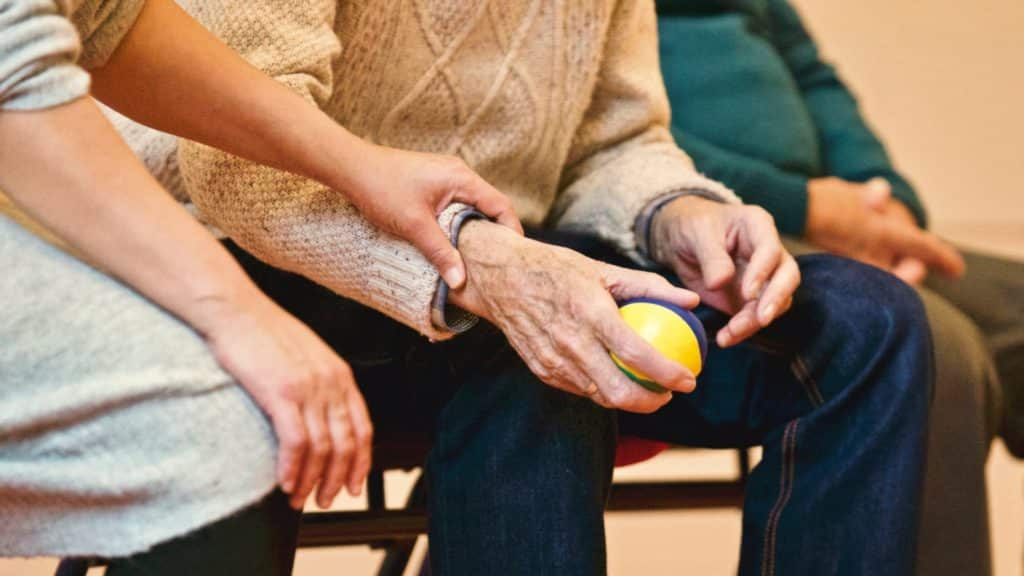There are many things that need to be clarified about effective estate planning and elder law out there. We commonly refer to these things as “coffee shop” rules of estate planning because they are pieces of information that get passed on informally through conversations with friends and family. Getting the truth from an experienced estate planning or elder law attorney is vital.
We recently addressed these five crucial misconceptions:
- If I can’t make my own decisions, my family can just step in.
- My Will or Trust will tell everyone where my stuff goes after my death.
- My family will “do the right thing” after I die.
- Medicare will pay for my nursing home.
- Medicaid will “take my house” if I need nursing home care.
Misconception #1: My family can step in if I can’t make my own decisions.
Fact: If you have a Power of Attorney (POA), your named Agent can manage your financial affairs to the extent the POA authorizes. Without a POA, someone who has authority on your bank accounts can sign checks and withdraw funds. If more extensive authority is necessary or if you do not have a POA, then the Court will need to appoint a conservator to manage your financial affairs for you. As you can imagine, this takes time, and the courts may choose a different person than you might choose.
If you have an Advance Medical Directive (AMD), then your named Agent can make your medical decisions to the extent authorized by the AMD. If you do not have an Advance Medical Directive, then Virginia law provides a hierarchy of surrogate decision-makers for healthcare providers to consult when making medical decisions on behalf of a patient.
If there is a disagreement among your statutory decision-makers or if you do not have an AMD, then the Court may need to appoint a guardian to make medical decisions for you. And once again, this takes time. Time that you may not have in an emergency.
Misconception #2: My Will or Trust will tell everyone where my stuff goes after my death
Fact: Maybe or maybe not! A Will or a Trust only disposes of the assets that it controls. It may seem obvious, but it’s common for assets to pass outside the control of a Will or Trust. This can happen when assets go to a surviving joint owner through a beneficiary designation or pay-on-death or transfer-on-death designations. While each of these mechanisms has merits, it is crucial to understand how they operate to support or frustrate your overall wishes to manage and distribute your assets.
Misconception #3: My family will “do the right thing” after I die
Fact: Your family may want to “do the right thing,” but it may not happen the way you planned. Different family members may have different recollections of what the “right thing” was supposed to be, leading to disagreements or fractured relationships. Moreover, external circumstances like bankruptcy, divorce, lawsuits, injuries, or layoffs can impede or even entirely prevent your loved ones from fulfilling their obligations to do the right thing.
Misconception #4: Medicare will pay for my nursing home care
Fact: Medicare covers a limited amount of necessary rehabilitation services following a qualified hospital stay. A qualified hospital stay means admission to the hospital, not an observation status, for at least three nights as per the “3 midnights” rule. For the first 20 days, Medicare will cover 100% of the cost. From day 21 to day 100, the patient will have to pay a co-pay, which can be covered by most Medicare supplemental insurance policies. Any rehabilitation services beyond 100 days will be the patient’s responsibility. Rehabilitation services will be stopped if they are no longer deemed necessary, usually when the patient has plateaued. This means the patient’s condition will not improve with additional rehabilitation and will not decline if rehabilitation stops. Suppose the patient is readmitted to the hospital within 60 days of the end of the rehabilitation services. In that case, the available rehabilitation services will continue from where they were left off. To earn a new full 100-day rehabilitation benefit, the patient must spend 60 consecutive days out of the facility.
Misconception #5: Medicaid will “take my house” if I enter a nursing home
Fact: Medicaid does not want your home, but it requires the applicant to be resource and income-eligible to qualify for its services. In many cases, the home is “exempt,” which means it is a resource, but it does not count against the applicant’s financial eligibility. In other cases, the home would count, but other rules may allow us to exempt it, at least temporarily. The Medicaid rules are different for married couples and single people, and a house may be subject to estate recovery if it is owned at the applicant’s death.
Get Started With an Effective Estate Plan at One of Our Workshops
The elder law attorneys at Promise Law have seen it all when it comes to estate planning, administration (what happens after death), and elder law. We can help put your mind at ease about your personal and financial affairs. We promise that we can demystify the planning process so that you can make choices that align with your concerns and values.
The first step in our process starts when you attend one of our in-person or online workshops. After attending the workshop, you’ll be eligible for a complimentary Vision Meeting with one of our attorneys (a $600 value).
Call (757) 690-2470 or contact us online if you have questions about the workshop or to learn more about how Promise Law can help.




